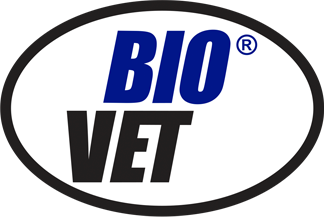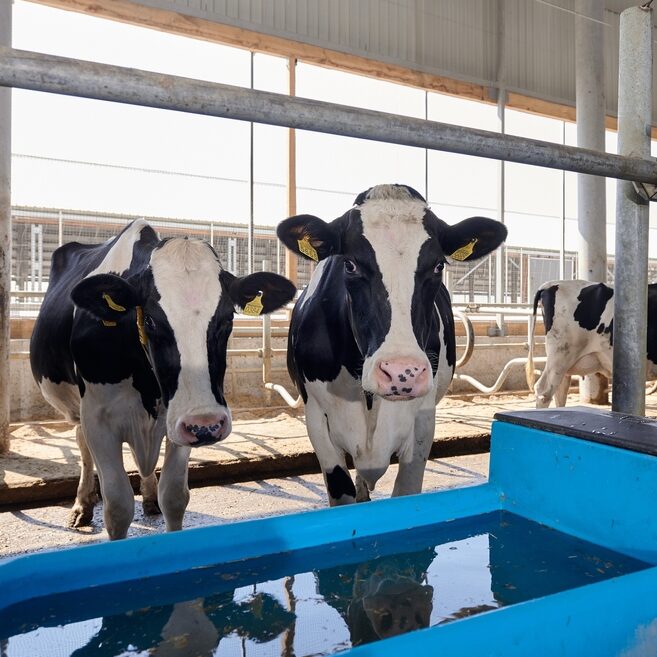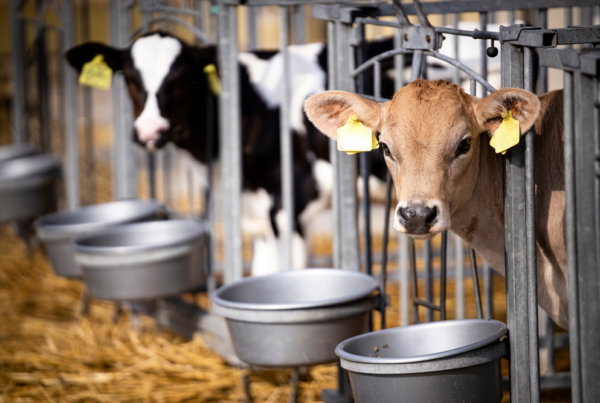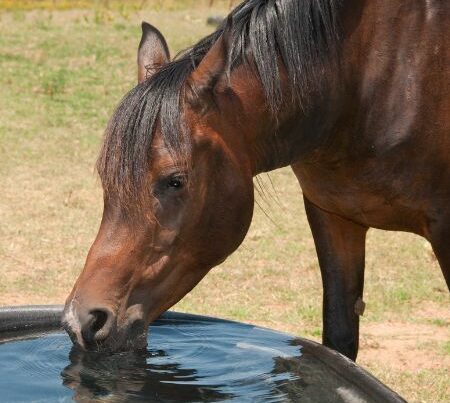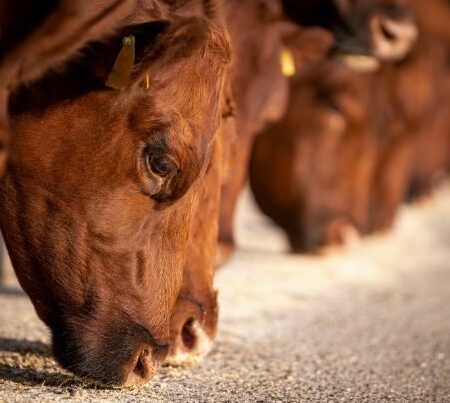Heat stress can cost dairy producers big bucks, especially during the summer months. Research has shown that milk production losses alone range from $1.45 to $2.90 per cow per day.
In addition, reproductive losses resulting from heat stress may include missed heats, low conception rates, low birth weights, difficult births and metabolic problems after calving. With total losses ranging from $3 to $4 per cow daily, it is easy for heat stress to cost a producer $10,000 or more per month for every 100 cows.
The ideal ambient temperature for a dairy cow is between 41°F and 77°F. At temperatures above 77°F, cows use energy to cool themselves through heat loss via panting which can contribute to energy and fluid loss. Cows tend to stand rather than lie down and seek shade in hot weather. It is common to find heat-stressed cattle standing in mud or the shade. As their body temperatures rise it is common for cattle to eat less.
Since milk consists of 87 percent water, hydration is the best place to start managing heat stress. High-producing cows may drink up to 50 gallons of water per day in hot temperatures. In fact, water consumption can double when temperatures rise, so make sure plenty of cool, fresh water in clean tanks is available to cows. Cooling fans or misters are also helpful to reduce cows’ body temperatures.
High-producing cows are also more sensitive to heat stress because of their high feed intake. Dry matter intake (DMI) drops of 8-12 percent, and milk production losses of 20 to 30 percent (may exceed 10-25 lbs. per day) occur when temperatures increase. It is imperative to maintain intake to minimize these production losses.

Diseases and metabolic disorders may be more prevalent during hot weather, partly due to cows’ weakened immune system. Optimal hot weather management goes beyond providing shade, misters and watering systems. Direct fed microbials (DFMs) and electrolyte products can provide support to help meet cows’ energy and hydration needs and maintain milk production.
Feeding direct-fed microbial (DFM) products can help aid digestion, improve feed utilization, and keep dry matter intake up during hot weather. High-quality DFMs like Bio-Vet’s Generator Elite, Ultra Farm Pack, or ProP169 include high levels of live microorganisms, including rumen/intestinal origin bacteria and yeast that are designed to populate the digestive tract. DFMs, may help maintain microbial balance, aid digestion, and support immune function, appetite and feed utilization during hot weather.
Hydration support is crucial to cows during hot weather. Bovine GoldLyte® helps maintain electrolyte balance and replace the salts cattle lose through heat dissipation. When combined with water, it offers a potent source of electrolytes, chelated trace minerals, and kelp, which together support energy, metabolism, aid hydration and immune function. The unique blend of ingredients in Bovine GoldLyte is highly concentrated and available in a 50 lb. bag offering 1,250 feedings. During use, make sure cattle have unlimited access to water to allow for rehydration.

